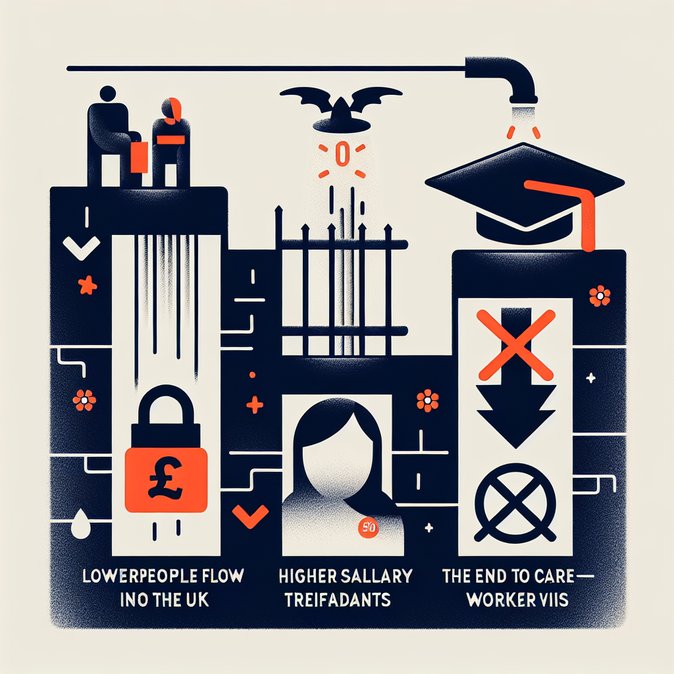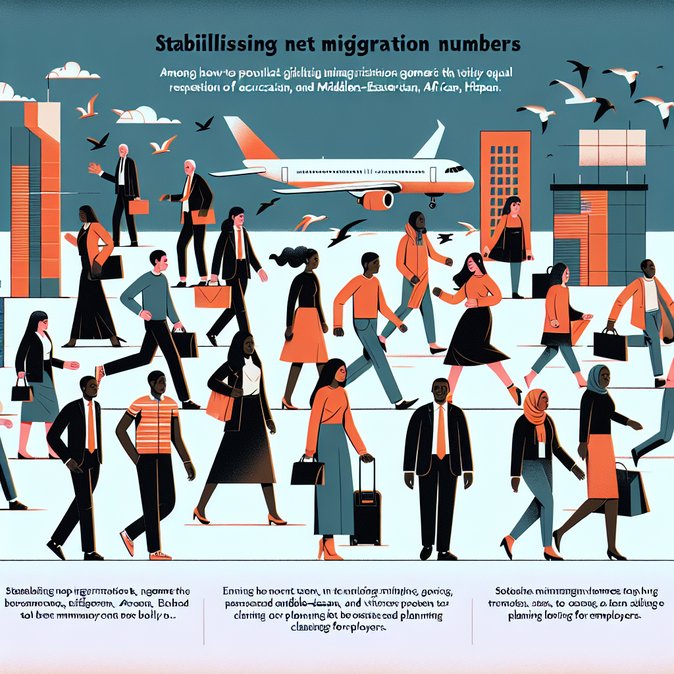
Travel industry outlet Travel and Tour World reports that the UK government has begun a winter communications blitz warning travellers from 85 visa-exempt nations that they will need an Electronic Travel Authorisation (ETA) to enter Britain from 25 February 2026. The campaign message—“No ETA, No Entry”—marks the final phase of a programme that started in 2023 and currently applies only to a subset of nationalities.
Airlines and ferry operators have been told they will be liable for fines and carriage costs if passengers turn up without an approved ETA once the scheme is universal. Carriers are therefore updating check-in systems to verify ETA status alongside passport data, and several are trialling API integrations with the Home Office permission-to-travel (PTT) gateway.
![‘No ETA, No Entry’: UK Confirms Winter Push to Enforce Digital Travel Permit for 85 Countries]()
Travel counsellors warn that the £16 permit, valid for two years, could catch out infrequent visitors and transfer passengers transiting UK airports. Corporate travellers are advised to build ETA application checks into trip-approval workflows and to budget two to three days for processing, even though most approvals are instantaneous.
The ETA is part of the UK’s move toward “contactless borders” that mirror the US ESTA and forthcoming EU ETIAS. Officials argue it will improve security through pre-screening, but tourism boards fear a short-term deterrent effect if the roll-out is poorly communicated.
With the EU’s own Entry/Exit System due in October 2025 and ETIAS in late 2026, travel managers face a complex matrix of digital authorisations on both sides of the Channel.
Airlines and ferry operators have been told they will be liable for fines and carriage costs if passengers turn up without an approved ETA once the scheme is universal. Carriers are therefore updating check-in systems to verify ETA status alongside passport data, and several are trialling API integrations with the Home Office permission-to-travel (PTT) gateway.

Travel counsellors warn that the £16 permit, valid for two years, could catch out infrequent visitors and transfer passengers transiting UK airports. Corporate travellers are advised to build ETA application checks into trip-approval workflows and to budget two to three days for processing, even though most approvals are instantaneous.
The ETA is part of the UK’s move toward “contactless borders” that mirror the US ESTA and forthcoming EU ETIAS. Officials argue it will improve security through pre-screening, but tourism boards fear a short-term deterrent effect if the roll-out is poorly communicated.
With the EU’s own Entry/Exit System due in October 2025 and ETIAS in late 2026, travel managers face a complex matrix of digital authorisations on both sides of the Channel.


